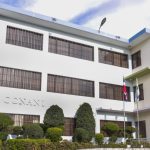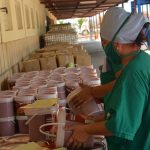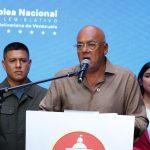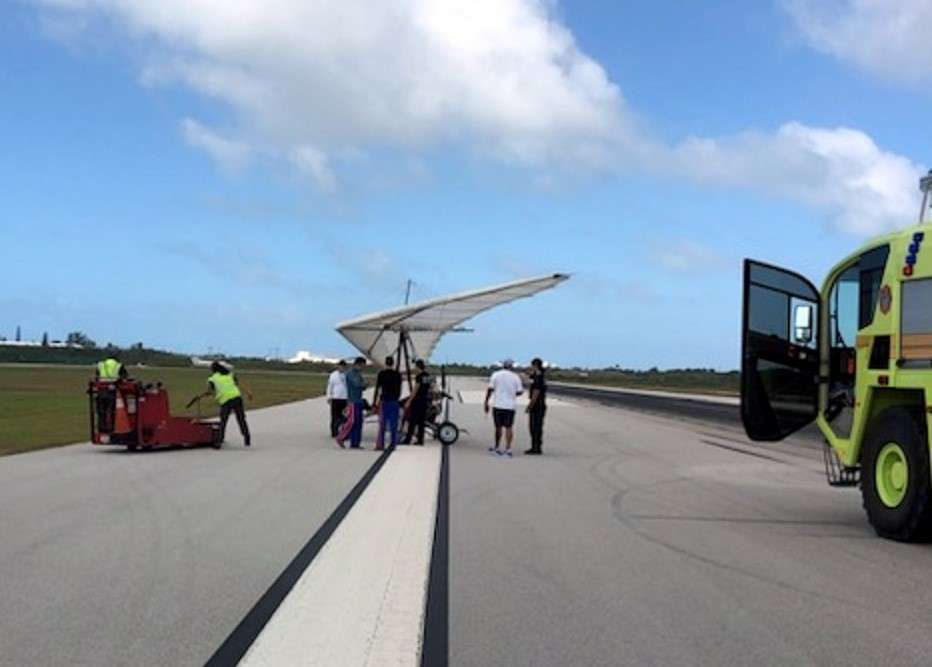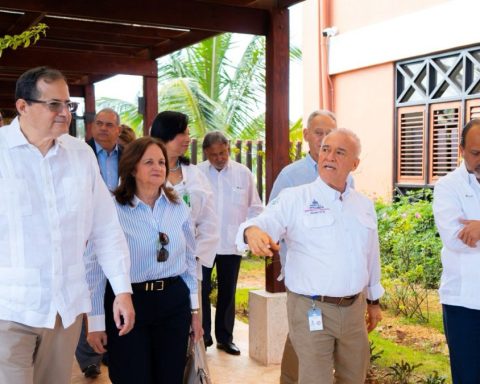The Ombudsman warned by the accelerated expansion of the Clan del Golfo in several regions, by indicating that in just three years (2020-2023) they managed to have a presence in Bogotá and 20 departments of Colombia.
Carlos Camargo Assis, Ombudsman, assured that “as a state we let ourselves be taken advantage of… They have been demonstrating their power and their ability to paralyze various departments”.
It may interest you: Suspension of the ceasefire with the Clan del Golfo: 12,000 soldiers will reinforce security in the country
The official stated that this armed group maintains its hegemony in Antioquia, Chocó, Bolívar, Córdoba and Metawhile adding that its expansive power extends to the entire Pacific Region and the Caribbean Region, including the Coffee Region, San Andrés and Bogotá.
“We are especially concerned that its dynamics are similar to a crime holding company, which manages various criminal activities such as drug trafficking and illegal mining; that has subcontracted organized crime structures for activities such as micro-trafficking and extortion and whose structure allows it to have command and control to block and paralyze the life of the communities, as it has recently demonstrated,” said Camargo.
He added that “in this dynamic, not in all regions it makes itself seen as AGC or Clan del Golfo, but rather it operates through local criminal organizations like Los Boyacos’ in the case of the country’s capital”.
Also read: Ministry of Justice proposes to modernize the law for victims and land restitution
The same Ombudsman warned about the expansive capacity of the gulf clan that has managed to corner the ELN in Chocóand go leading to the south of the department.
In that territorial dispute the most affected have been the communities, since a total of 33 events of forced displacement were registered in 2022, which affected 20 indigenous communities, 13 Afro-Colombians, a total of 1,235 families and 4,380 people.
In the same way, 95 confinements were presented, of which 70 were indigenous population, 25 Afro-Colombian, violating 7,833 families and 34,114 people.






